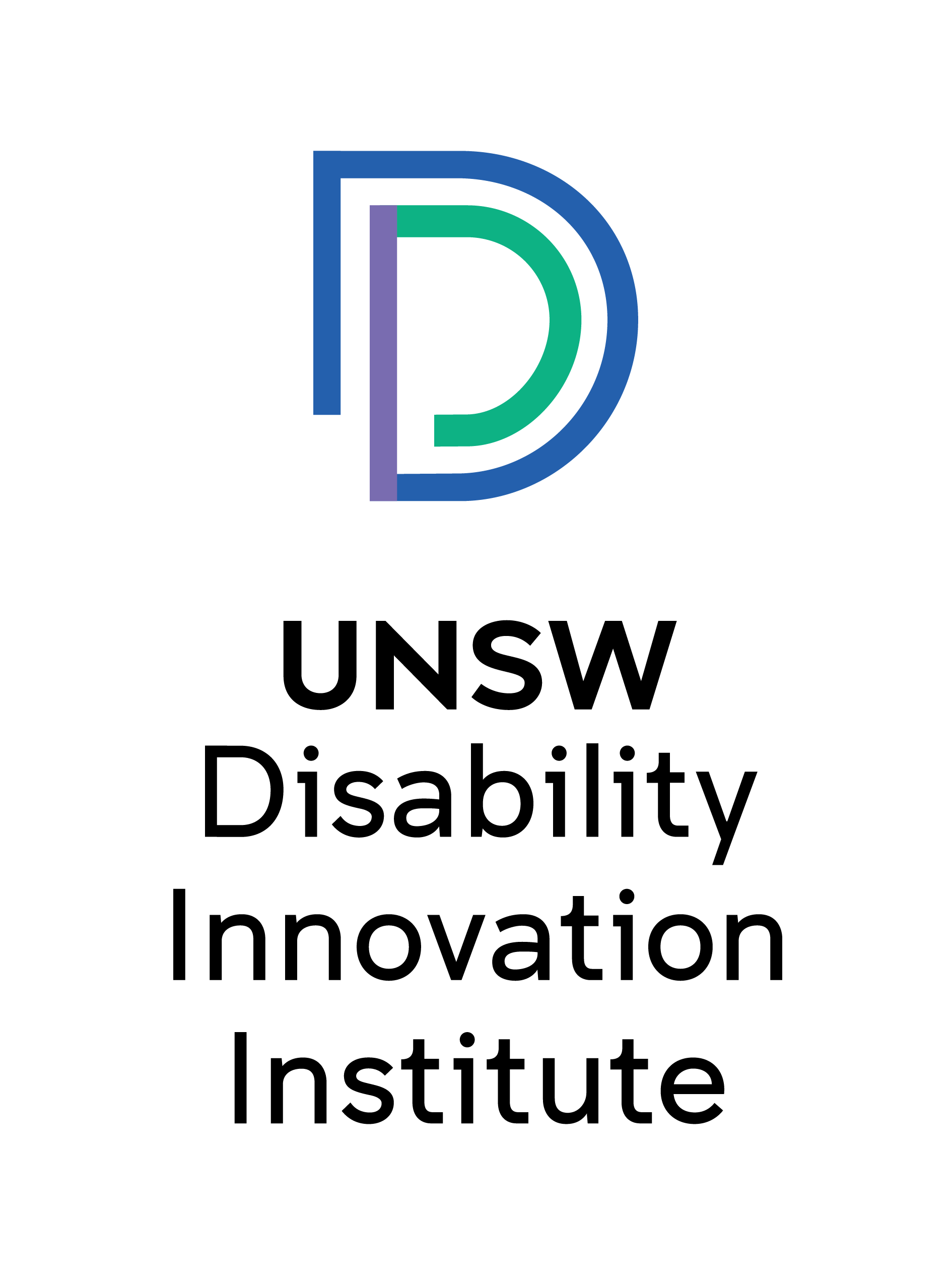Presented by the UNSW Disability Innovation Institute, A Past Still Present: disability discrimination and eugenics from the Nazi Third Reich to COVID-19 will ask the question ‘Does the Nazi persecution of people with disability continue to echo in the present day?'
The series of events throughout October and November will feature academics and disability advocates from multiple Australian institutions and will launch with an in-person and live-streamed opening symposium on Wednesday 12 October.
Around 300,000 people with disability or chronic illnesses were killed by the Nazi regime during World War II, justified by an ideology rooted in a long history of eugenics, the notion that it is possible and/or desirable to ‘improve’ humanity through genetics. These actions are known as the Krankenmorde (the murder of the sick) and specifically as Aktion T4 (a mass murder campaign named after the address of the ministry where the scheme was devised). The extent to which these ideas still influence attitudes about disability is contested, with some arguing that eugenics was dismissed after the defeat of the Nazis and others maintaining eugenics is visible in current policies and attitudes, especially about the human rights of disabled people.
A Past Still Present consists of one mini-symposium and five webinars discussing the question ‘Does the Nazi persecution and murder of people with disability in the mid-twentieth century continue to echo in the present day?’ Acknowledging the complexity and controversial nature of this topic, these events do not seek to answer this question but rather to place disability rights in dialogue with the past and present of eugenic thinking.

